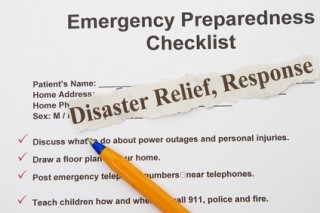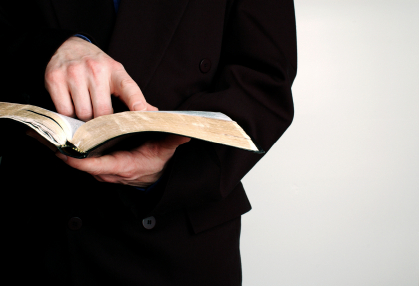This was a week (again) where the news was dominated by a natural disaster. Knowing that this blog is read by many pastors and church leaders, I felt led to address the issue many of them (us) will be considering…or at least should be.
How to respond the Sunday after a disaster in the news:
This is often a delicate issue. Unless your church is super large, and probably even then, you won’t be able to respond to every disaster with money and people. Obviously there are disasters every week. Some get more national attention than others. How do you know what to address on Sunday? How do you respond as a church?
Here are some thoughts to consider:
Determine impact on the church – Consider how much this particular disaster is on the minds of the people you pastor and how long it will take to recover from this disaster. That’s not always the same. The tornadoes in Oklahoma have dominated the news. People are saying things like, “Worst I’ve ever seen.” Obviously this one has major impact on people and will be difficult to ignore.
Acknowledge the obvious – After you have discerned the magnitude of the disaster, decide what response you will make. As for this week, considering the Oklahoma tornadoes, it will be difficult not to mention it in a service. It’s on people’s minds. People almost expect you to say or do something. Again, this is not true of every disaster, but when it impacts as many people as this one does, and when the destruction is as devastating, it merits mentioning. We placed something on our website and Facebook almost immediately directing people where they can help. These are times when the church has a specific expectation and calling to respond. Sometimes it will be obvious you need to respond. At other times, follow your heart for people, but if you need confirmation or the discernment of other people, bring a small group together to help you decide if and how to respond.
Lead people to pray – The best thing we can ever do in a disaster…really anytime…is to appeal to the One who holds the answers to the struggles of life. We need to pray. We demonstrate something to people when they see and hear us pray for a situation in the news. They realize the importance of prayer. They are reminded of God’s sovereignty. When the corporate body prays together over something we’ve been thinking about all week we are able to share the burden we’ve been carrying individually. That’s being the Body.
Allow a chance to respond – Again, depending on the magnitude of the disaster, and the way it impacts the particular church where you serve, it might be necessary for you to do more than pray. Depending on the size of your church you may be able to send people (at the appropriate time), but you can always give people an opportunity to give and serve through other organizations. Many churches assume they have to coordinate their own efforts. I choose to rely on reputable groups already on the ground of the disaster with whom we can partner. It eliminates many of the administrative hurdles that get in the way of providing real help.
Preach what God has laid on your heart – I know some who alter their message after a national disaster. When a tornado hit our community, that obviously altered my Sunday message. I knew I needed to address people’s fear and provide hope. I don’t feel I need to respond that every time a disaster happens. If God has already directed my message before the disaster, I know He is sovereign enough to know the timing of the word He placed in my heart and the disaster. I usually preach the message I feel He has already been leading me to deliver. We have to help people move forward after a disaster. While we don’t ignore the pain, we can help them process the fact that there is still much life to be lived.
Have systems in place – This will happen after the Sunday, but if you don’t have them already, use times following a disaster to reevaluate your systems of response you have. If they need improving, use this as an opportunity to do so. Connect with some agencies you can partner with in future disasters. Organize teams to coordinate future efforts. Set written procedures in place that outline how and when you will respond in the future. I have even used a “decision grid” for times like these, which helps us ask questions to determine the best decision to make at the time. It is harder to think rationally when emotions are high after something is in the news all week. Most likely your response will be slightly different every disaster, but it will help make better decisions to have systems already organized.
Keep preaching hope in Jesus – Disasters aren’t going away in this world. If anything, they seem to happen more frequently. I’m not making a prophetic statement (I’m not smart enough for that), but I wouldn’t be surprised if things get worse before they get better. And, one day they will get better. Much better. Until then, we have hope in the One who is hope. Keep reminding people of that truth. We aren’t promised a trouble free world…actually opposite. We are promised we can have faith through any storm, that God is still in control.
Please understand this is an opinion post. In fact, I hope you realize this is an opinion blog. Consider the source. Be intentional. Think through your response. Shepherd the people God has entrusted to your ministry.
I realize there are many seasoned pastors who read this blog. Let us learn from you.
How do you respond following a disaster in the news?






 Logging you in...
Logging you in... Loading IntenseDebate Comments...
Loading IntenseDebate Comments...
Brilliant strategy sir, more grace http://mytestimonys.blogspot.com/2013/05/bishop-f…